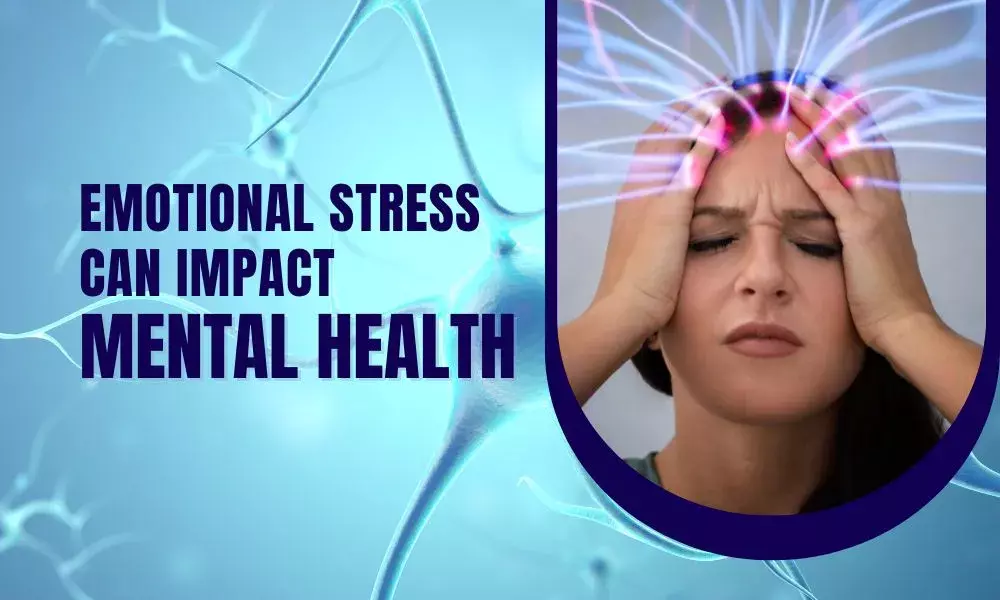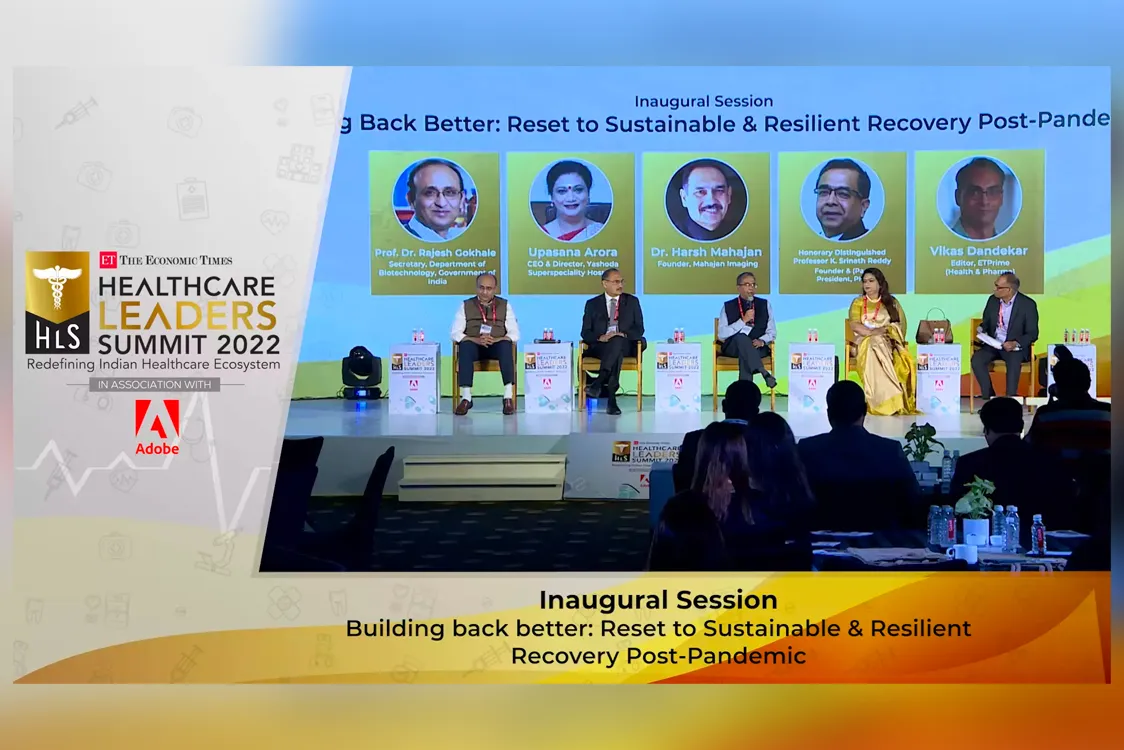Yes. Any emotional tension or disturbance can trigger mental health issues. A recent study of the internal data about the psychologist consultation taken by 218 people over six months reflects a direct relationship between mental well-being and emotional stress.
The most common reasons why people consulted a psychologist, were as follows:
-
The highest number of people had anxiety issues as one of the main problems; approximately 43% of people had anxiety issues as a major concern.
-
Out of these 43%, half of the people had emotional disturbance as the second major complaint, and the other half had relationship issues as the second major complaint.
-
The overall sample showed three major mental problems that people suffered; anxiety, emotional disturbance, and relationship issues.
Surprisingly, this suggests that individuals who suffer from anxiety disorder majorly suffer from emotional stress.
What is Emotional Stress?
The type of stress that can make you react intensely on negative emotions or situations like fear, sadness, rejection or failure is emotional stress. This may impact the emotional and mental well-being of an individual.
Warning signs of Emotional Stress
When a person undergoes emotional stress, he or she is more likely to experience certain symptoms. These symptoms can be both mental as well as physical.
Mental Symptoms:
-
Feeling overwhelmed frequently
-
Feeling depressed.
-
Facing trouble while concentrating on a specific thing.
-
Finding it difficult to make decisions.
-
Getting addicted to alcohol or drugs to relieve your emotional stress.
Physical Symptoms:
-
Feeling tired and anxious.
-
Shortness of breath.
-
Having frequent headaches
-
General body aches and pains.
-
Changes in eating habits.
-
Changes in sleeping patterns.
Coping with Emotional Stress.
Emotional stress in youth is increasing, taking a toll on their mental well-being and overall health. Emotional stress can be controlled and prevented by certain techniques which are simple to follow. Here are five easy ways to cope with emotional stress:
-
Distracting One’s Mind: Focusing one’s mind on something other than what’s causing stress can be effective during an emotional breakdown. One can try to focus on things that relax and diverts disturbing thoughts. Engaging in a favorite hobby, watching a funny movie, playing a game, or volunteering for an activity to help others can help in reducing emotional stress.
-
Time Out: Sometimes, we all need a little time out from the buzz around us. This is necessary to recharge oneself. One must take some time for self-care. A minimum of 15 minutes, two-three times a day, can be beneficial to relieve emotional stress. Self-care techniques may include:
-
Doing yoga and deep breathing.
-
Enjoying your favourite music or book.
-
Sitting in silence and focussing on the positives of life.
-
Meditating: Meditation is the most effective way to actively redirect thoughts. Meditation can help in selective thinking and reduce emotional stress. One can choose to focus on positive and comforting memories.
-
Journaling: When one writes down thoughts and feelings they are undergoing, it provides a relaxing feeling. Journaling is a method that encourages individuals to slow down and pay attention to what is going on in their lives and what can be done to improve the present state of their lives. Since journaling can reveal the innermost thoughts, it helps reveal the emotional stress triggers. One can identify the negative thoughts and replace them with positive thoughts. It is a healthy and positive way to face one’s emotions. When an individual confronts his or her emotions, healing or change tends to begin.
-
Taking Help: If you find your level of emotional stress interfering with your daily activities or threatening your well-being in other ways, you may consider seeing a psychologist/counsellor for help as they can help you control your emotional stress and work towards lessening and managing it and making you feel better.




